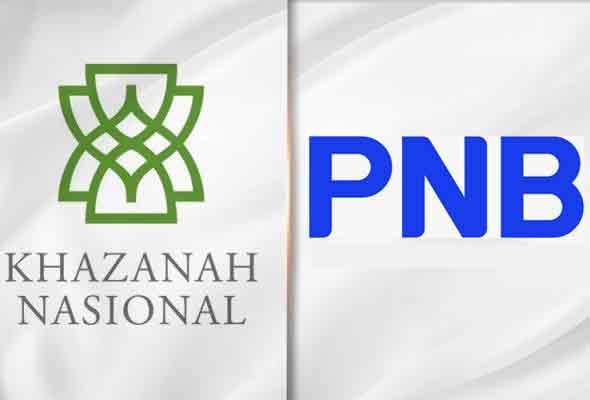Experts recommend forensic audit by Khazanah, PNB
“The report may be internal and its details may not be suitable for disclosure; however, a summary of the audit findings could be shared."

SHAH ALAM - A forensic audit by Khazanah Nasional Bhd (Khazanah) and Permodalan Nasional Bhd (PNB) may be a more appropriate step to identify the causes of the RM43.9 million investment loss experienced by the two government-linked investment companies (GLICs) in FashionValet Sdn Bhd.

Putra Business School MBA Programme Director Associate Professor Dr Ahmed Razman Abdul Latiff said that while the establishment of a forensic audit fell under the authority of its board of directors, it could be conducted in the public interest.
“The report may be internal and its details may not be suitable for disclosure; however, a summary of the audit findings could be shared.
“Ultimately, it is entirely up to the board of directors of Khazanah and PNB to conduct the investigation. Although the amount exceeds RM40 million and is considered significant, when viewed against PNB and Khazanah’s billion-dollar assets, the impact may not be substantial.
“However, for the sake of public interest, a statement or summary from Khazanah or PNB would suffice,” he told Sinar Ahad recently.
He made these comments when asked about the need for a forensic audit following the investment failure.
According to Razman, Khazanah and PNB were not new to investing and have professional investment managers.
However, he added that it could not be denied that not all investments by Khazanah and PNB guarantee a 100 per cent profit.
“In the case of FashionValet, which is considered high-profile, we certainly want explanations from Khazanah and PNB on whether they have followed the appropriate standard operating procedures (SOP).
“I am confident that for any investment made, they will conduct a due diligence process; we just aren't sure if it is confidential because this is not a public investment but rather an investment by a private entity.
“Thus, there may be information that cannot be disclosed, and what is important is that we want to ensure they followed the proper SOP when making the investment, as many are questioning why they continue to invest even though the company has not recorded a profit,” he stated.
When asked for his recommendations for government-linked investment companies (GLICs) and government-linked companies (GLCs) looking to invest in local firms, Razman said that there was no issue in doing so.
However, he emphasised that the existing SOPs needed to be improved to continue supporting the local industry provided that investment officers and the board of directors of the agencies were not influenced by any political elements.

Meanwhile, Universiti Kuala Lumpur economic analyst Associate Professor Dr Aimi Zulhazmi Abdul Rashid highlighted that based on the significant investment fund of RM47 million by the two major GLICs, a third-party assessment should be conducted as it involves national finances.
He noted that investments in the fashion industry carry risks and require specific mitigation plans due to various factors influencing the industry both domestically and internationally.
Additionally, he pointed out that FashionValet has been established since 2010 and should not be considered a startup when Khazanah and PNB began investing as early as 2018.
“Perhaps the assessment by the two entities considered their position as merely minority shareholders and not as major shareholders capable of making strategic decisions.
“As a company listed on the stock exchange, FashionValet also has other public shareholders. Given the significant investment fund of RM47 million from the two major GLICs, it would be prudent to conduct a third-party evaluation as it involves national finances.
“This would clarify what can be learned from the investment losses in FashionValet to prevent a recurrence in the future. The findings of the study should be shared transparently with the public, in line with the governance projected by the Madani Government,” he said.











